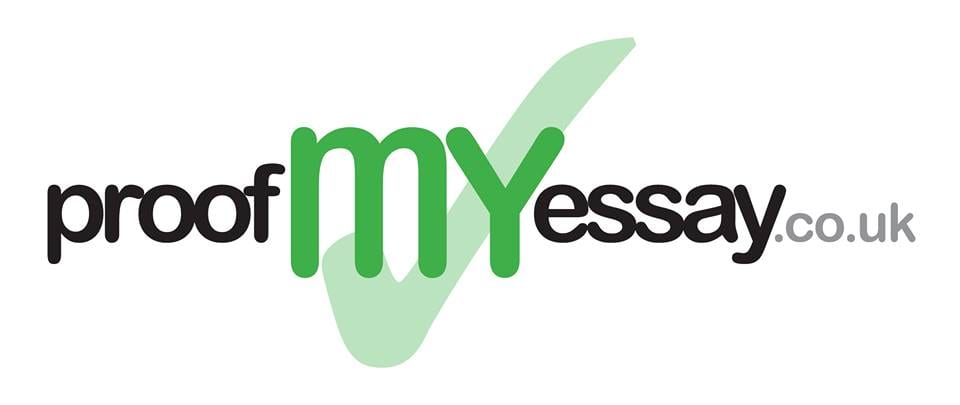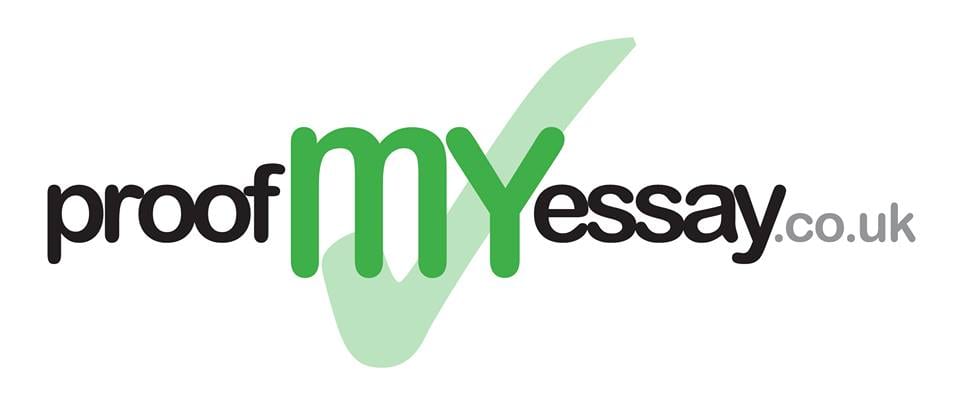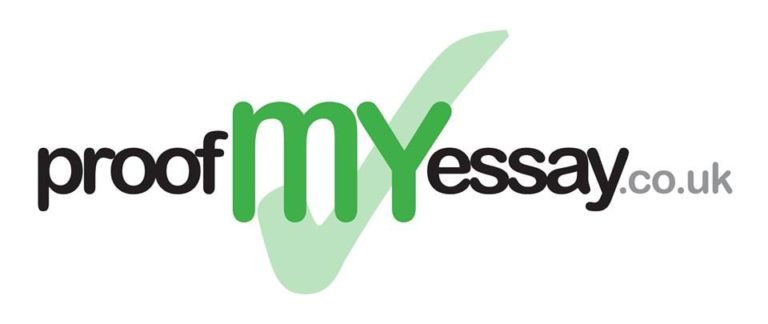LEARN HOW TO WRITE AN ESSAY:
[imageeffect type=”frame” width=”250″ height=”188″ alt=”” url=”wp-content/uploads/2012/09/essay-writing2.jpg” ]
Generally, writing essays play a key role in a student’s University career. The ability to craft a good essay requires major skills and effective delivery. It is extremely important for you to learn how to write an essay in order to understand its purpose and format or structure. Essays can be written to argue a particular point of view or to explain steps to complete a task. Ideally, the structure of the essay is basically the same whatever your purpose.
If you were to follow this simple guide, the essay writing assignment almost writes itself. Of course, there are a wide-range of essay types that you may be required to write, which will determine a specific area of concentration. However, once your essay topic is chosen, the general points of its foundation remains relevant throughout the entire essay writing process.
GETTING STARTED:
The first step to constructing a good essay is to select a topic for your paper. In some cases, the topic may be provided for you, but regardless, it is important to carefully examine the posing question. When you are learning how to write an essay, there are several factors to consider before proceeding with your writing assignment. Analysing your topic is critical and should not be underestimated. You should identify keywords, such as ‘develop’, ‘compare’, ‘examine’, or ‘analyse’ to ascertain the anchor for initiating the discussion on the topic. More so, you are able to identify the purpose of the essay, which will ensure that the topic fits the purpose.
When you have chosen your topic, be sure to organise your ideas. Simply put your ideas on paper to moderately organise the structure for a constructive flow. Also, this will help you effectively develop your argument. Be certain that you periodically revisit that original topic or question. This is important to ensure that you are actually answering the question.
If a topic has been assigned to you, the tasks may not be as difficult. Yet still, you will have to make critical decisions on your own. Plus, you are expected to conduct a thorough research in order to establish the target argument.
RESEARCHING YOUR TOPIC:
Once you have critiqued your question, it is time to begin researching the topic. The process would entail gathering relevant sources as well as extracting relevant ideas from the sources. In doing this, however, it is imperative that you remember your purpose. Specifically, your essay is expected to answer the question backed with supported evidence from quality sources. In the process of learning how to write an essay and researching the topic, you should provide a precise and persuasive academic argument.
As you gather evidence, it is recommended that you record details not only to build your argument, but to also save time with referencing and bibliography later in the process. Evidence can be extracted from sources, such as course material, journal articles, and search engines. The evidence helps explore the key points raised in the literature.
As you keep track of your sources or evidence, record that of which supports your own ideas as well as those that appear to contradict your point of view. Meaning, a strong essay displays a balanced awareness of all points of view. A specific academic style will be required, such as the Harvard referencing system, MLA, APA, OSCOLA or Chicago. Whether you utilise these sources directly or indirectly, however, be very aware of standard plagiarism guidelines.
PLANNING YOUR ESSAY:
During the process of obtaining skills on how to write an essay, you may struggle with where to start. The key to making sure your essay is concise and that it follows a particular pattern is thorough planning. Planning your essay is similar to a mind map in that it determines if the writing is clearly reasoned, structured, and researched. Furthermore, take your time as you must focus primarily on answering the question. Be sure that you fully understand the question and what it is asking.
Firstly, we recommend that you determine if the question is open-ended or closed. An open-ended question needs to be narrowed down, which enables you to explain your purpose for limiting it in the essay’s introduction. With a closed question, your answer must specifically refer to and remain within the limits of the question. Again, revisit the question often; explain it to yourself for clarity.
It is also helpful to break the question down into sub-questions. Ask yourself specifics, such as, ‘What is the question asking’? ‘Why is this important’? and ‘How do I plan to answer it’? Dissecting the question may help you identify significant points or issues that define the overall question. If anything, it will certainly help to focus your research; giving your essay desired structure.
Yet, another tip for planning your essay is the underlining of ‘key words’. These are words you select to help you while conducting your research. Key words also help clarify the question’s purpose. Is the question asking you to analyse or discuss or compare and contrast?
At this stage of your writing assignment, while you are still grasping knowledge about how to write an essay, you should consider developing a diagram or rough draft of your essay. This will serve as a good reference later in regards to thought processes and structuring. Of course, developing your argument for the essay should be more precise in terms of paragraph flow leading up to the conclusion.
WRITING YOUR ESSAY:
Now that you have followed the preceding steps, it is time to write your essay. Your notes are to serve as your evidence as well as the basic guide to writing your essay. When writing your essay, be sure that it is customised with high quality and researched with 100% authenticity.
Understanding how to write an essay certainly includes the presentation. You need to make a long-standing impression on the reader; therefore it is imperative that you edit for spelling, grammar, and punctuation errors. Ignoring such errors could result in unfavorable marks, not to mention completely shatter presentation value. Although it is necessary for you to proofread you own work, you are encouraged to get someone else to take a second look. Soliciting another pair of eyes is always safe.
When writing your essay, precision is critical. Your initial draft or outline, which is essentially your evidence, should be an efficient guide to help you write your paper. Read your essay out loud to determine if your perspective is convincing. More so, determine if your writing is clear and persuasive. This process will also help you to avoid gaps in your reasoning and argument.
The thesis, your main point, projects what your entire essay is about. Therefore, you can begin mapping out the structure of your argument to ensure that each paragraph is unified. The most convincing elements of your research paper are the title and the first paragraph, which means that the reader will be either enthralled or disinterested. In mastering how to write an essay, the introduction must grab the reader’s attention. The introduction will lead you directly into your thesis; building a foundation for your argument.
INTRODUCTION:
The introduction is merely the platform for engaging the reader. This central section of the essay develops a stance for your argument. It is a clear response to the topic, while also defining how you will present your response. It is necessary to note that the introduction is a personal synopsis; therefore any quotations should be avoided. It is just as important to inform you that the introduction is to be short and precise. It must include a primary statement which feeds into the opening paragraph of the essay’s main body.
MAIN BODY:
In the main body, the flow of structure and paragraphs are essential in that they determine your outcome. Each paragraph should focus on a single idea; supporting your thesis. It is recommended that you write every paragraph as if they were sub-headings to the main title with supplemental pointers. Basically, you need to support all assertions with evidence that is sensible and clear.
In order to successfully engage the reader with the text, the ideas must be logical and in sequence. An effective execution of the main body directs the reader step by step, more intensely into the discussion. A professional can teach you how to write an essay main body that builds up sections, to include interjecting contrasting points of views. The key is to brilliantly link them together. With that being said, any sources used to integrate and highlight significant points in your argument must be referenced.
When referencing your sources, they must first adhere to the referencing style that you have been instructed to implement. Generally, quotations are kept at a certain length-no more than a few lines. Quotations that are a line or less are simply incorporated into the text and enclosed in quotation marks. However, there are exceptions where you would adjust accordingly. For example, longer quotations should be indented and positioned on a separate line; single-spaced and followed by a colon.
Closing the main body of your essay requires immense thought. Remember, this researched, themed paper is constructed from several sources; your personal ideas, your research, and your clinical experience. Linking all these components will keep your reader’s attention. The main body should be made up of paragraphs that ‘hook’ to the next, which introduces the topic of the subsequent paragraph. Establishing this pattern will not only guarantee that the essay will flow better, but also lead to a thrilling conclusion.
CONCLUSION:
The conclusion is constructed to strategically wrap-up your essay. Just as your research paper started with a concise beginning, the ending should be as clear. Writing an effective conclusive paragraph must make a compelling final impression on your reader. A summation could include a memorable thought, a convincing twist of logic, or perhaps a short quotation. Additionally, it is a good idea to avoid using, “in conclusion” or the word, “conclusion” anywhere in this paragraph. The conclusion is your final opportunity to persuade the reader; having obtained a strong sense of your argument.
STYLE:
As previously mentioned, adhering to the required referencing style is critical. It is important that all borrowed ideas and quotations are accurately cited in the body of your text and supported by a referencing or Works Cited page that identifies details of your sources. You may receive additional stylistic guidelines when learning how to write an essay. You academic advisor generally requires that you do not write in the first person. This suggests that your essay is presented in an objective manner, in spite of your personal perceptions. Another rule of thumb regarding essays is that they are usually typed and double-spaced. Unless otherwise specified, the essays are presented in ‘Times New Roman’ using the size 12 font. Finally, do not plagarise! Plagiarism is stealing another writer’s ideas and at the end of the day, self defeating, as it is easily detected. If you are unsure, submit your essay for a proofread as we provide a fully comprehensive plagiarism scan as part of the package.
FINAL CHECKS:
After you have completed your essay, proofread for errors. Reading it out load is helpful as you may discover mistakes that were overlooked. Perhaps getting an expert to edit for you could prove advantageous. It is extremely important to rid of errors before delivering your essay to avoid losing valuable marks. Secondly, be sure that you have correctly referenced all quotations according to the approved referencing style. In addition to the Work Cited page, you must also include a bibliography. A bibliography is needed for evidence of research and broader reading. This concedes that you have attained efficient knowledge on how to write an essay, while also acknowledging your sources.
AND FINALLY:
Now that you have mastered how to write an essay, the process should be less challenging. To review, however, your essay is essentially written in response to a specific question. Your response or argument needs to be precise, appropriately structured, and accurately referenced. It is imperative that you adhere to all instructions; especially those relating to stylistic features, word count, and delivery deadlines.
Keep in mind that you are not only responding to a question, you are also attempting to engage and maintain the reader’s interest. Constructing a good essay means that you have combined factual research with contrasting points of view using an engaging and impressive style. Bottom line, making your work stand out simply requires dedication and an immense attention to detail.
[button url=”http://www.academicsciences.co.uk/wp-content/uploads/2012/09/How-to-Write-an-Essay1.pdf” ]To download this guide for free, click here![/button][hozbreak]
Are you struggling with the perfect essay? Academic Sciences is able to provide custom essays and model answers which can help you manage your essay writing and get the grade you want. We have a variety of solutions available to you to suit your academic level, time frame and budget. Have a look through our academic guides and if you are still struggling, consider giving us a call or placing an order for an essay on-line. [two_columns height=”210″ border=”border”]
[list style=”orb” color=”blue”]
- If you wish to speak to one of our friendly consultants, please call: 0203 011 2240
- Text/whatsapp 07799 422 993
- And it is even easier to ping us an on-line message!
[/list]
[hozbreaktop]




